Read Our Latest Blogs
Stay Up-to-Date on the Latest Cybersecurity Trends and Best Practices with Our Informative Blog Posts

Understanding Cybersecurity Frameworks: NIST, ISO, and More
In today's digital age, cybersecurity has become an indispensable aspect of every organization. With the ever-evolving threat landscape, it's crucial to have a structured approach to managing and mitigating cyber risks. This is where cybersecurity frameworks come into play.
What is a Cybersecurity Framework?
A cybersecurity framework provides a structured approach to managing and reducing cyber risks to a system by identifying, assessing, and prioritizing critical infrastructure. It serves as a roadmap for organizations to implement and improve their cybersecurity practices.
Popular Cybersecurity Frameworks
While numerous frameworks exist, some stand out as industry leaders:
NIST Cybersecurity Framework (CSF): Developed by the National Institute of Standards and Technology (NIST), the CSF focuses on identifying, assessing, and managing cyber risks. It provides a flexible and adaptable approach suitable for organizations of all sizes.
ISO/IEC 27001: An international standard for information security management systems (ISMS), ISO 27001 offers a comprehensive set of controls to protect an organization's information assets. It emphasizes risk assessment, implementation of controls, and continuous improvement.
CIS Controls: Created by the Center for Internet Security (CIS), these controls offer a prioritized set of actions for cyber defense. They are categorized into three levels based on implementation effort and potential impact.
COBIT: A governance and management framework for IT, COBIT also includes cybersecurity considerations. It helps organizations align IT with business objectives and manage risks effectively.
Choosing the Right Framework
Selecting the appropriate framework depends on various factors, including organization size, industry, regulatory requirements, and existing security practices. It's often beneficial to combine elements from multiple frameworks to create a tailored approach that meets specific needs.
Benefits of Implementing a Cybersecurity Framework
Risk Management: Identify, assess, and prioritize cyber risks effectively.
Compliance: Adhere to industry regulations and standards.
Improved Security Posture: Strengthen overall security by implementing best practices.
Enhanced Communication: Establish a common language for cybersecurity discussions.
Business Continuity: Protect critical assets and ensure business operations.
Implementing a cybersecurity framework is a crucial step in safeguarding your organization. CSA can help you assess your current security posture, select the most suitable framework, and develop a tailored implementation plan. Contact us today to learn more about how we can protect your business.
Remember: Cybersecurity is an ongoing process. Regular evaluation and updates are essential to stay ahead of evolving threats.

Hear What Our Clients Say
Real-World Results: Hear from Our Clients About the Value of Our Cybersecurity Expertise

George Owens

As technology continues to advance, so must our cybersecurity practices to stay ahead of the game."

Max Tanner

The rapid digital transformation of various industries has made cybersecurity a critical aspect of daily operations, and it's reassuring to know that there are experts and technologies available to help mitigate risks and safeguard against potential attacks

Kim Wexler

It's essential for individuals and businesses to prioritize cybersecurity to protect sensitive data and maintain business continuity.

Billy Jackson

As someone who understands the importance of data security, I appreciate the emphasis on cybersecurity in today's digital landscape. With cyber threats becoming increasingly sophisticated and frequent.


Copyright © 2024 Cybersecurity Advisors | Managed IT Services, IT Consulting and Cybersecurity
letstalk@cybersecurityadvisors.io
801-438-6690
